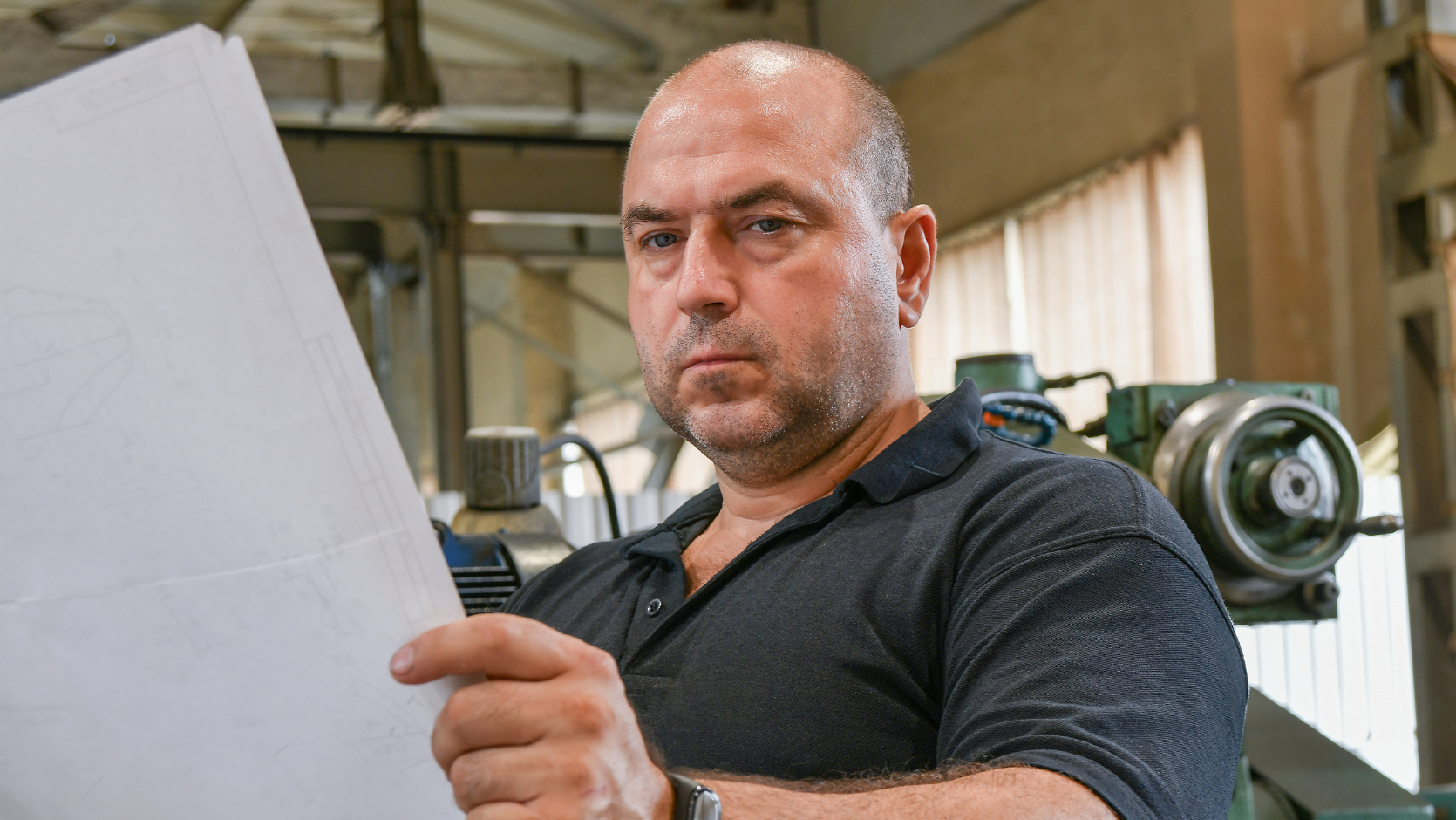The Facts
Arranged marriage followed by emigration to Australia
A woman died in 2016 at the age of 73. In 1958, at the age of 15, she had had an arranged marriage in Italy to a man who was nine years her senior. The couple emigrated to Australia shortly after their marriage.
The woman felt trapped in an unhappy marriage and blamed her husband for taking her away from Italy and bringing her to Australia. Nevertheless, the couple had three children: a son born in 1961, a daughter born in 1965 and another son born in 1966.
The woman had a long-running extramarital affair which commenced in 1977 and came to the attention of her husband in 1981. Relationships within the family became acrimonious.
Younger son takes father’s side in Family Court proceedings
Proceedings were commenced in the Family Court in 1985 and the marriage was dissolved in 1988, with further disputation over property continuing after that date.
In 1986 the woman ordered her daughter and younger son to leave the family home. Her older son had already moved out to live independently by this time. The two younger siblings were assisted by their uncle, their father’s brother.
The younger son took his father’s side against his mother and became actively involved in the Family Court proceedings, leading her to be greatly embittered towards him and resenting his actions until her dying days.
Son makes family provision claim on mother’s estate
By the time the woman died, she had been reconciled to her older son and her daughter. However, she remained estranged from her younger son and had no contact with him for 19 years up until her death.
After the woman died, the younger son made a family provision claim on his mother’s estate, seeking a larger share than the $330,000 he was due to receive under the laws of intestacy.
The younger son argued that his share should be $660,000, or, more modestly, $450,000, and that this increase in his share should be subtracted from his sister’s share, because she was materially well off and his brother was not.
According to the younger son, he needed sufficient funds from his mother’s estate to be able to buy a house large enough to accommodate not only himself, but also his partner and his uncle, who was now 87 years of age. Alternatively, he needed the funds to buy a house closer to his uncle’s residence, to facilitate his care of the uncle.
His sister, as administrator of their mother’s estate, opposed her younger brother’s claim.














Expert commentary on the court's decision
Supreme Court dismisses younger son’s family provision claim
In the case Re Estate Luce; Turch v Tripolone [2020] NSWSC 117, the Supreme Court dismissed the claim of the younger son, Robert Turch, on the estate of his late mother, Antonietta Luca, and found in favour of his sister who had opposed the claim, Diana Tripolone.
The court stated that it was neither necessary nor appropriate for it to delve into the disharmony between the siblings, as its role required a more dispassionate approach, as did the dictates of wisdom, justice and regard for community standards.
Family provision order principles
As a child of the deceased, Mr Turch was an “eligible person” and was entitled to make a claim on his mother’s estate under the NSW Succession Act 2006.
For Mr Turch to be successful in a family provision claim, he needed to establish that he had been left without “adequate provision for his maintenance, education and advancement in life” from his mother’s estate and that further provision ought to be made for him from the estate.
Estrangement not necessarily an impediment to family provision claim
The judgment noted that estrangement between a deceased person and the maker of a family provision claim is not necessarily an impediment to granting that claim. However, it is a factor that is taken into account in all the circumstances of a particular case.
While Mr Turch attributed his estrangement from his mother to her, the court stated that that “rings hollow”. The court noted that he was content to have nothing to do with her, and made scant effort at reconciliation with her, for too long a period to lay the blame at her feet alone.
No obligation for deceased to provide dwelling for adult child or third parties
Mr Turch had argued that the estate should provide him with the ability to buy a dwelling large enough for himself, his partner and his paternal uncle.
In response, the court pointed out that under the Succession Act, a deceased person is not generally obliged to provide an independent-living, adult claimant with a dwelling or the means to support a third party.
The court took the view that the long years that had passed between Ms Luca’s divorce from her husband in 1988 and her death in 2016 provided no foundation for finding that she owed a moral obligation to provide for her ex-husband’s brother.
Son not excluded from mother’s estate
It was significant that Mr Turch was not excluded from his mother’s estate. By not making a will, Ms Luca had treated her three children equally.
She had met with a solicitor, whose handwritten notes demonstrated that she had considered making a will and dividing her estate three ways between her children.
By not making a will, Ms Luca essentially achieved the same result. The court concluded: “…one is left with the impression that the deceased perhaps died intestate by design.”
Legal costs and apportionment of estate between three siblings
The court found it was not possible to conclude that Mr Turch had been left without “adequate provision” because he was due to receive over $300,000 from his mother’s estate.
Any further provision for him would diminish the share of his older brother, who was not well off, or his sister, who was her mother’s favourite child and had nursed her in her dying days.
In what may serve as a useful warning to those who might be tempted to make an extravagant claim on a deceased estate, the court decided that Mr Turch should pay his own legal costs, as well as those of his sister, to be deducted from his share of the estate.
The court could find no justification for imposing the costs of Mr Turch’s unsuccessful litigation upon his siblings.